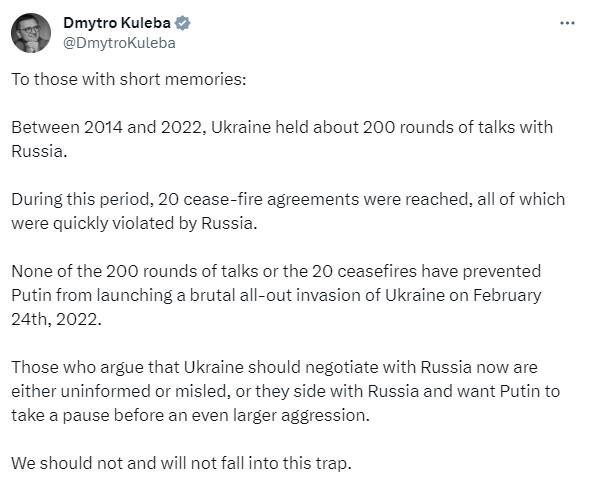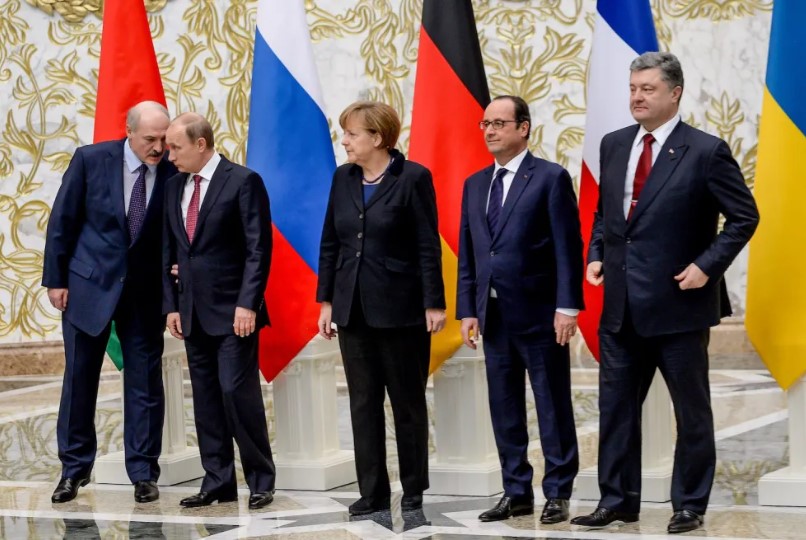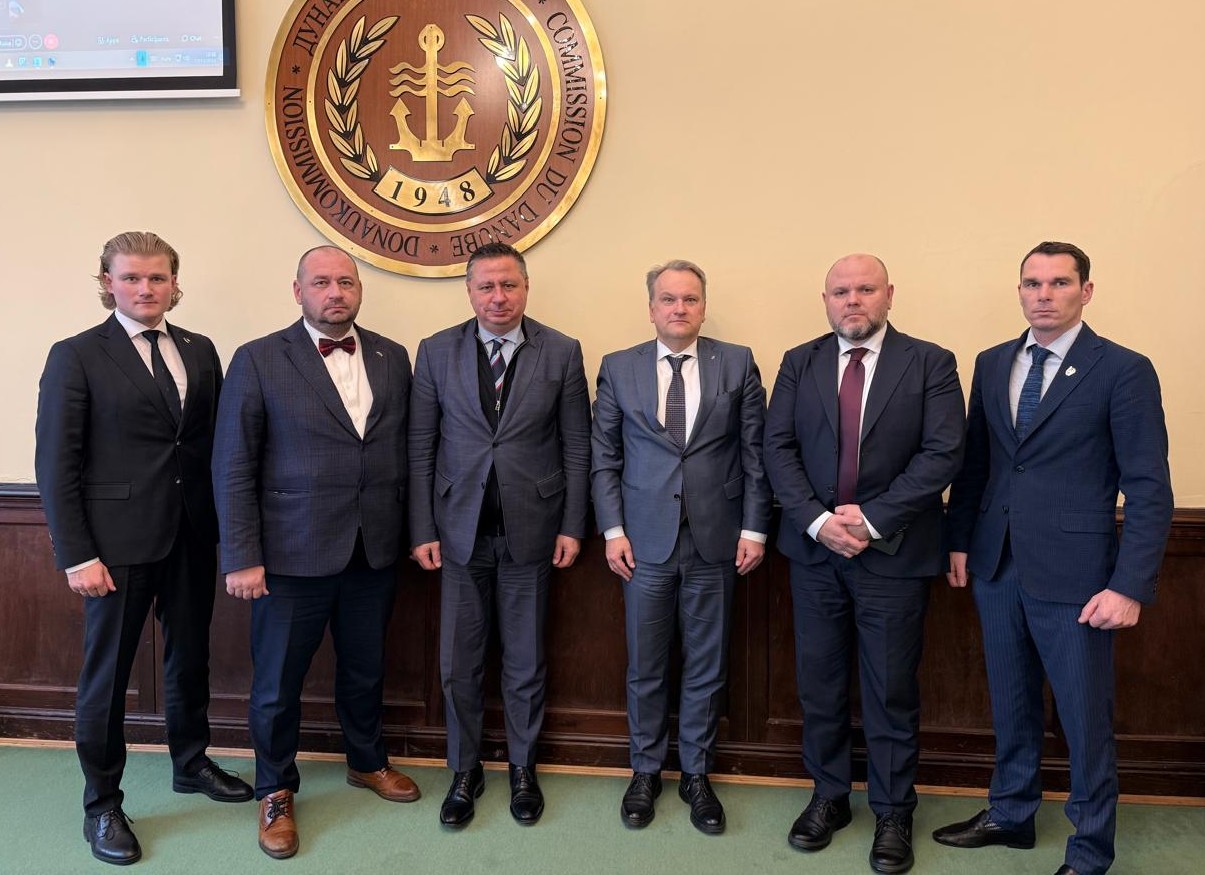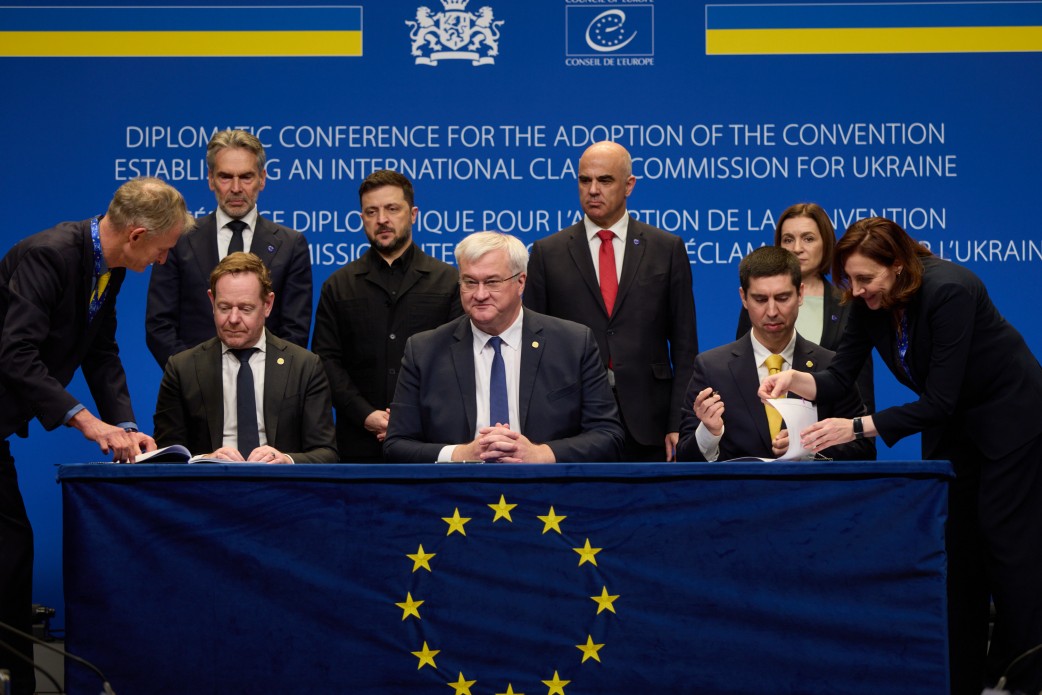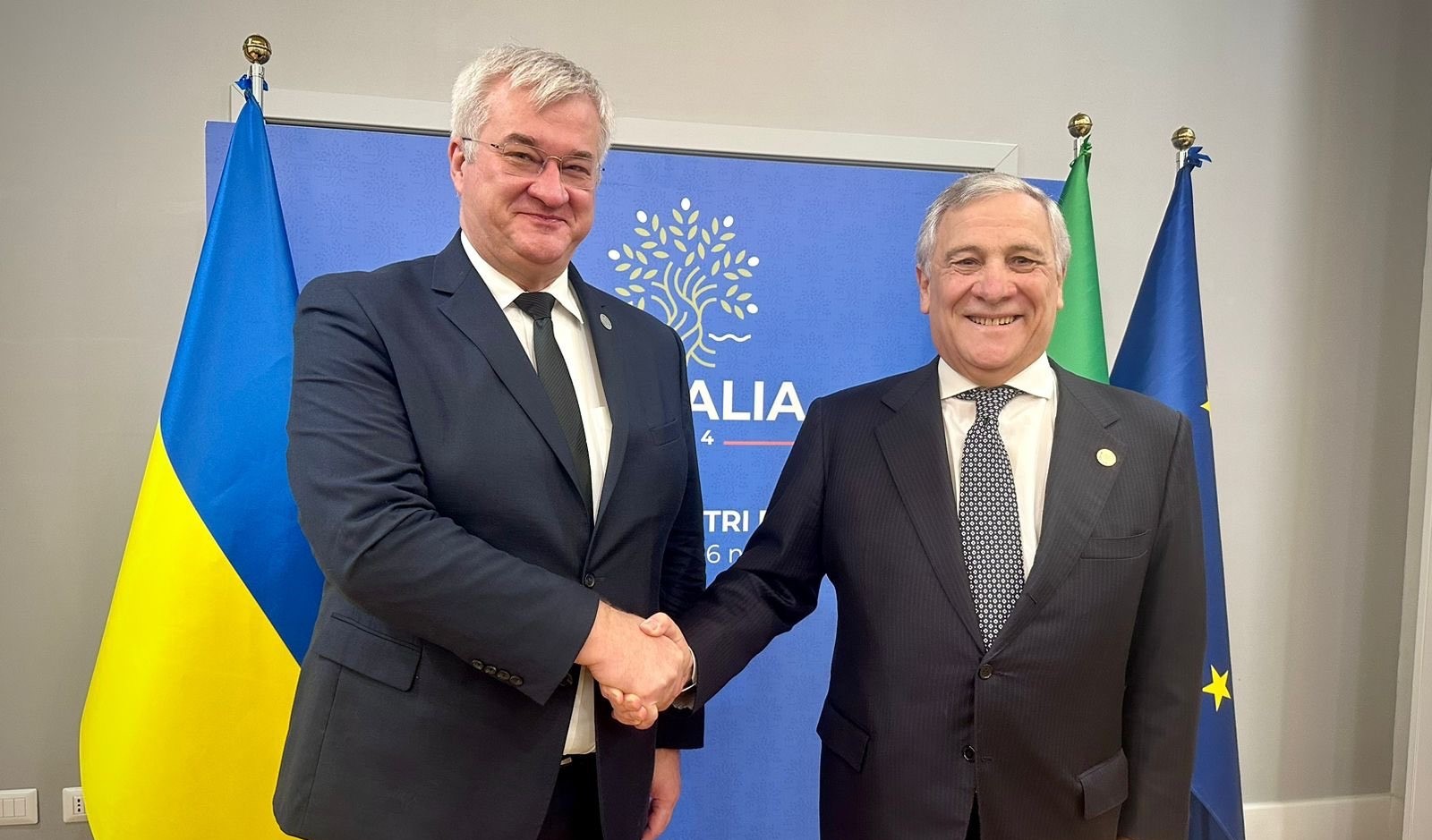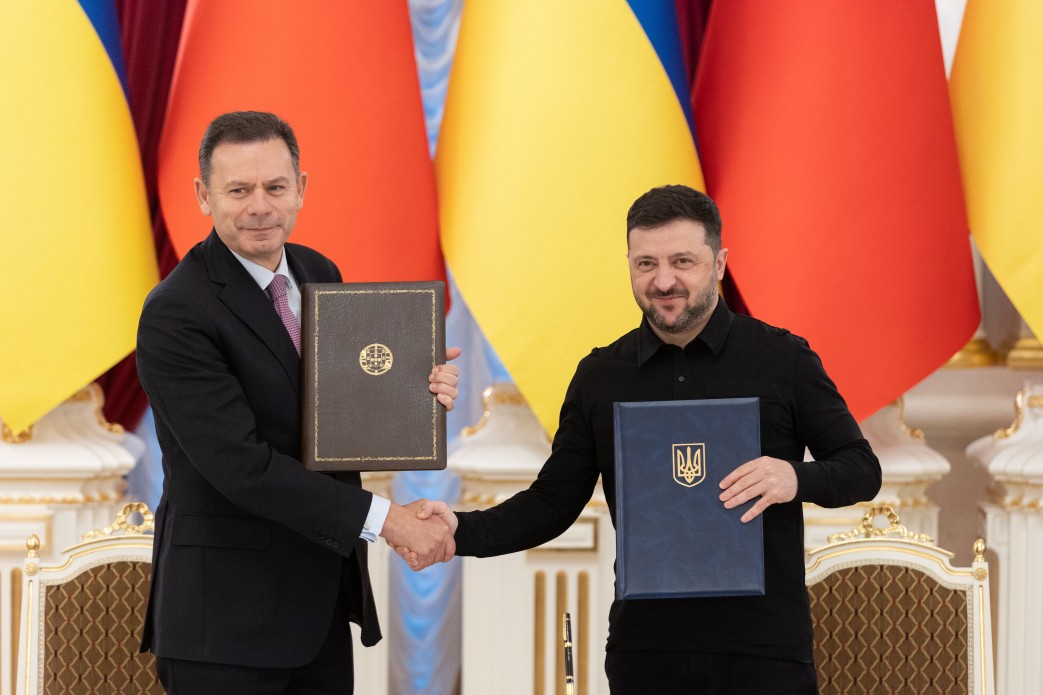Main image: Belarusian President Aleksandr Lukashenko (from left), Russian President Vladimir Putin, German Chancellor Angela Merkel, French President François Hollande, and Ukrainian President Petro Poroshenko pose during a meeting aimed at halting the war in Ukraine at the presidential residence in Minsk, Belarus, on Feb. 11, 2015. MAXIM MALINOVSKY/AFP/GETTY IMAGES
Agreeing to negotiations with Russia would be another trap for Ukraine, allowing Russian dictator Vladimir Putin to take a pause before the next round of aggression. The Minsk Agreements serve as a clear confirmation of this.
According to the statement from Ukraine's Minister of Foreign Affairs, Dmytro Kuleba, Ukraine conducted approximately 200 rounds of negotiations with Russia from 2014 to 2022. During this period, 20 ceasefire agreements were reached, and all of them were quickly violated by Russia.
Kuleba emphasized that none of the 200 rounds of negotiations or 20 ceasefire agreements prevented Putin from initiating a brutal full-scale invasion on February 24, 2022.
In Kuleba's view, those who argue that Ukraine should now engage in negotiations with Russia are either misinformed, deceived, or taking Russia's side, wanting Putin to take a break before more significant aggression.
"We should not and will not fall into this trap," the minister concluded.
Minsk Agreements:
The Minsk Agreements are a collective term for two documents. The first, known as the "Minsk Protocol," was signed over 7 years ago in September 2014. In February 2015, leaders of the "Normandy Four" approved the second set of Minsk Agreements, known as the "Package of Measures for the Implementation of the Minsk Agreements" for resolving the conflict in eastern Ukraine.
